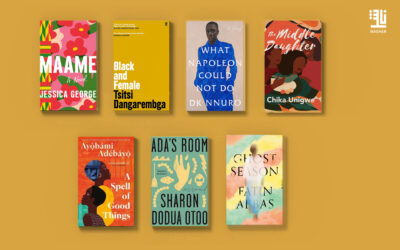I believe there is a very bright future for emerging markets in the world of books and publishing. Just a decade ago, emerging publishing markets, such as the Middle East, Africa and Asia, have played a relatively modest role in the global publishing industry, especially in terms of content. Today, and thanks to the growth in both translation and technology, I can see the potential for them to occupy a much more important one, especially considering reports showing that global readers are seeking out original, distinctive writing and more diverse narratives. Authors from Africa and the Middle East are gaining more and more confidence and more prominence, attracting both interest and readers who are looking to learn more and engage with these relatively new cultures to them.
Recent studies also tell us that emerging markets account for 90% of the global population under 30. These are very youthful regions who will become our future readers, writers, publishers and content providers. They are also very tech savvy and are often first adopters of technology, a vehicle that will help them communicate their stories and build firm cultural bridges with the outside world. This certainly presents a rare opportunity for us, the publishers in developing markets, to prosper and flourish. This new trend will help us capture the imagination of global readers which will have a positive indirect impact on other economic sectors such as tourism, import and export, and creative industries, not to mention it will help in bridging cultural stereotypes and challenge them to build more understanding and global cultural respect.
A very crucial element in this value chain is also the need for the governments of emerging markets to set the stage for supporting publishers and the creative economy more broadly. In my region and elsewhere, societies are engaging in progressive conversations about challenges such as the freedom to publish. As publishers and readers, we all agree there should be no limitations on freedom to publish, and many governments in emerging markets, including the UAE, are engaging positively with publishers’ views and interests in this regard. While there is still more to do in this regard, recent views shared in international publishing events I attended in India and Nigeria, for example, suggest that progress has been made and that more publishers in emerging markets enjoy a much more flexible regulatory environment.
Managing such challenges will certainly encourage publishing industry in particular, and creative industries in general which have the potential to contribute to sustainable development in emerging markets. I have tremendous faith that it is only a matter of time until the populations and economic trends in emerging markets will change the face of the global publishing industry as we now know it. I also believe that these new trends in emerging markets will satisfy the appetite of global readers seeking to expand their knowledge horizon away from their traditions cultural hubs.







